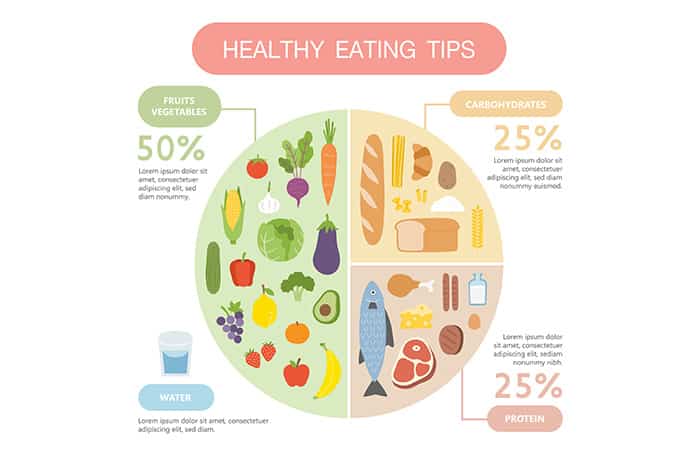
Chronic inflammation is linked to a wide range of health issues, including cancer, heart disease, diabetes and arthritis. Fortunately, anti-inflammatory herbs can help keep your body in balance and alleviate a lot of the symptoms that come with it.
Herbs can be found in different forms, such as teas, capsules and powders. However, it is important to consult a doctor before taking any herbal supplements.
Astragalus
Astragalus (Astragalus membranaceus) is a common herb used in traditional Chinese medicine to boost the immune system. It's also believed to fight cancer and help with the common cold.
As with any herbal supplement, you should talk to your doctor before taking it. Pregnant and breastfeeding women, people with autoimmune diseases, or those who take immunosuppressive drugs should avoid astragalus.
Astragalus has been found to reduce inflammatory markers like tumor necrosis factor-alpha, interleukin-6, and interleukin-1b in mice. It also inhibits nuclear factor-kB signaling. It appears to have a few other benefits, too, including reducing cholesterol levels and improving heart health.
Oregano
Oregano is a fragrant herb that can be used in a variety of ways, from sprinkling it on pizza to adding it to your homemade soup. This herb is also known for its antimicrobial properties, which are beneficial for treating digestive pathogens.
It contains antioxidants carvacrol and thymol, which are believed to help reduce inflammation. In addition, oregano is a good source of vitamin K, which is needed for blood clotting and bone strength.
Oregano is available as fresh or dried leaves, which are sold in the spice aisle at most grocery stores. Dried leaves can be brewed as a tea or mixed with water to make a tincture.
Parsley
Parsley is a versatile herb that can add flavor and texture to just about any dish. It’s delicious in soups, stews, sauces, marinades, and salads.
It also has antibacterial properties that prevent the growth of harmful bacteria. In addition, it’s an excellent source of vitamins A and C and a great source of potassium and magnesium.
Parsley is also a good source of vitamin K, which helps support bones and blood clotting. It’s low in calories and contains antioxidants that help your body fight free radicals.
Basil
Basil is a powerful antioxidant, and the essential oils in the herb have been shown to lower inflammation. This is important because chronic inflammation is linked to a number of conditions, including heart disease and rheumatoid arthritis.
The flavonoids in basil, like orientin and vicenin, also protect the chromosomes, which can prevent DNA mutations that lead to cancerous cells. They can also help protect the body against oxidative stress caused by toxins in the diet, air pollution and radiation.
The oil in basil, eugenol, has been shown to block the enzyme that causes inflammation in the body. This is similar to the effects of anti-inflammatory drugs like ibuprofen.
Sage
Sage is one of the most ancient herbs, used for a variety of ailments. It contains a number of anti-inflammatory and antioxidant compounds.
It has also been shown to lower cholesterol and improve memory and information processing. It may help to improve chemical imbalances in the brain that can cause Alzheimer’s disease symptoms.
Taking extracts from common and Spanish sage (Salvia officinalis and Salvia lavandulaefolia) by mouth for 4 months improves learning, memory, and information processing in people with mild to moderate Alzheimer’s disease.
Sesame
Sesame is a plant with an abundance of antioxidant and antibacterial chemicals that are believed to reduce inflammation, slow down how fast sugar is absorbed into the bloodstream, and increase wound healing. It is used to help with high blood pressure, cough, diabetes, heart disease, and a variety of other health concerns.
A review of studies on sesame extracts found that it decreased inflammatory biomarkers such as C-reactive protein (CRP) and tumor necrosis factor-a (TNF-a). However, heterogeneity is apparent and there are several reasons why the findings might not be conclusive.
Turmeric
Turmeric, the yellow spice from the herb Curcuma longa, is known for its anti-inflammatory effects. It’s also an antioxidant, which means it can help scavenge free radicals.
The compound that makes turmeric so potent is curcumin, which has been shown to boost the activity of superoxide dismutases (SOD), an important part of our body’s antioxidant defenses.
Studies show that it can improve symptoms of arthritis and inflammatory bowel disease, such as stomach pain, diarrhea, and itching. It also has a positive impact on blood pressure and cholesterol levels.
Frequently Asked Questions
What is the mother of all herbs?
The answer may surprise you!
It is a common garden herb known as rosemary (Rosmarinus officinalis). Rosemary has long been associated with fertility, longevity, and protection from illness. In some cultures, it was believed that the fragrance of rosemary could ward off evil spirits.
As such, it has been used for centuries in various medicinal, culinary, and spiritual applications. Rosemary has a unique flavor that pairs well with many dishes, making it a popular choice in the kitchen. Its fragrant leaves also add flavor to sauces, herbs, and meats.
Rosemary is a powerful medicinal herb used throughout the centuries to treat various ailments. Rosemary essential oil can treat respiratory tract infections, digestion problems, skin irritation, and inflammation. Its anti-inflammatory properties make it helpful in treating headaches and muscle pain as well. In addition, the oil has been used to improve cognitive function and memory recall. Rosemary can also be taken as a supplement, tea, or tincture for its many benefits.
It's no wonder rosemary is known as the mother of herbs! It truly is a versatile and valued herb.
What is the difference between "regular" and smoked paprika powder?
Regular Paprika Powder (Piment d'Espelette) is an essential ingredient for our recipes. We use it for its intense flavor and color. It's also used as a spice and seasoning agent. Smoked Paprika Powder (Paprika Chorizo) adds a smoky taste and aroma to dishes. Both types of Paprika Powder come from Spain, where they grow the best peppers in the world.
Smoked Paprika Powder (Chorizo Paprika) is made from red peppers, which are dried slowly in special ovens. This gives them a rich flavor. They are then ground and mixed with salt, garlic, and spices.
Regular Paprika Powder (Espelette Paprika) is made by grinding green bell peppers without additives.
What spice is good for inflammation?
Turmeric is one spice that can be beneficial for reducing inflammation. It contains the active ingredient curcumin, which has been studied extensively and shown to have anti-inflammatory effects on the body. Other spices like ginger, cinnamon, cayenne pepper, garlic, and cardamom may also reduce inflammation in the body. Adding these spices to your diet can help reduce inflammation and promote overall health.
Another spice that can be used to reduce inflammation is black pepper. The active ingredient in black pepper, piperine, has been studied and found to have anti-inflammatory properties. It may also help reduce pain associated with inflammation. Additionally, the spice contains antioxidants which are beneficial for overall health.
Adding black pepper to your diet may help reduce inflammation and promote overall health. Be sure to talk with your doctor before adding any spice to your diet, as some spices may interact with your medications or supplements. Eating various healthy foods, including spices with anti-inflammatory benefits, can help keep your body balanced and reduce the risk of chronic inflammation-related illnesses.
In summary, adding spices to your diet can be beneficial for reducing inflammation and promoting overall health. Spices like turmeric, ginger, cinnamon, cayenne pepper, garlic, cardamom, and black pepper have all been studied for their potential anti-inflammatory effects.
Is eating raw basil good for you?
I'm sure everyone knows that fresh herbs are great for cooking but did you know that you could eat them too? Raw, uncooked herbs are packed full of nutrients and vitamins that we normally have to cook.
They contain more antioxidants than any fruit or vegetable. And they also help our immune systems stay strong and healthy.
The best way to enjoy these delicious little green gems is to eat them raw from the garden. But there's nothing wrong with enjoying them cooked, either. They taste even better when sautéed in olive oil and served alongside pasta or rice.
There are lots of ways to incorporate raw herbs into recipes. Add them to salads, soups, sandwiches, wraps, omelets, stir-fries, and pesto.
Just make sure you wash them well first!
Which herbs are healing herbs?
If you look for healing herbs, you won’t find them in the supermarket. There isn’t any place to buy them. There is no store selling them.
You haven’t been able to find healing herbs because they aren’t sold anywhere. They are grown right here in our backyard.
Healing herbs are plants that grow naturally in North America. Like many common household items, these herbs grow throughout the United States and Canada.
These herbs treat minor ailments such as colds, flu, sore throats, coughs, and headaches. Many of these herbs have been used for centuries to help heal wounds and promote overall health.
Of course, when we say “heal,” we mean more than simply treating an illness. We also refer to the ability of these herbs to restore balance and harmony within ourselves and the world around us.
For example, the chamomile herb helps relieve stress. This means that if you feel stressed out, you may benefit from taking chamomile tea. Chamomile tea has been shown to reduce anxiety and nervous tension.
In addition, chamomile tea has been proven effective in relieving insomnia.
Chamomile tea has many other benefits, including its ability to ease stomach aches and gas pains and even improve digestion.
Another popular healing herb is Echinacea. Echinacea is known for helping to fight infections and boosting the immune system.
Echinacea is commonly taken internally and externally to fight infection, prevent viral diseases, and boost immunity. It is safe to use during pregnancy and lactation.
Echinacea also helps reduce muscle pain and inflammation. You can take echinacea orally or topically (as an ointment).
This herb is available in both liquid and capsule form. Liquid echinacea is often mixed with honey and lemon juice. The mixture is then strained and consumed.
Capsules are usually made of freeze-dried plant material. They contain standardized amounts of active ingredients. To use capsules, swallow one or two a day.
The third type of herbal remedy is called tincture. Tinctures are alcoholic extracts of herbs. They are typically used to treat internal problems. Tinctures are generally diluted before being ingested.
Tinctures can be taken orally or applied topically. For oral consumption, dilute tinctures with water. Some people prefer to mix tinctures with food.
Tinctures are easy to prepare. Put about one tablespoon of dried herb into a bottle containing enough alcohol to cover the herb completely. Allow the mixture to sit for several weeks. Then strain and consume.
You may want to try some of these natural remedies to see which ones work best.
What plant helps with infection?
There are plants out there that help fight infections. Some even contain anti-bacterial properties. One of them is mint.
Mint has been used for centuries to treat respiratory infections such as cold symptoms and flu. Mint also supports digestion and relieves gas pains. You may find relief with peppermint tea if you have an upset stomach. Peppermint oil has antibacterial properties, which make it effective against germs.
Peppermint tea contains menthol, beta-carotene, vitamin C, calcium, magnesium, iron, and potassium. These nutrients support healthy immune systems and provide energy to keep your body strong.
You can make peppermint tea at home by adding one teaspoon of dried mint leaves to boiling water. Let steep for five minutes and drink hot three times per day.
Or you can buy peppermint tea bags at any grocery store. Simply add two teaspoons of dried mint leaves to a cup of hot water. Steep for 10 minutes and strain. Drink hot three times per day for best results.
Statistics
- Studies have shown that cinnamon can lower fasting blood sugars by 10-29% in diabetic patients, which is a significant amount (9Trusted Source10Trusted (healthline.com)
- Herbs are among the most popular and widely used medicinal remedies. According to a survey conducted by the National Institutes of Health, herbs were used by over 38% of adults in the United States.
External Links
[TAG52]
[TAG55]
[TAG57]
[TAG59]
- Peppermint oil (Mintoil®) in the treatment of irritable bowel syndrome: A prospective, double-blind placebo-controlled randomized trial
- Curcumin reverses the effects of chronic stress on behavior, the HPA axis, BDNF expression, and phosphorylation of CREB
How To
How do I know if my herbs have been treated with pesticides?
If you see a pesticide label on your herbs, the plants were sprayed with chemicals before being sold to you.
These chemicals harm human health and could cause cancer or other serious illnesses.
Unfortunately, this practice has become common around the globe. Many countries allow farmers to spray their crops with pesticides without proper regulation.
In order not to harm themselves, consumers should always ask about the source of their produce. If it comes from a farmer near you, it’s safe to assume it was not treated with pesticides.
However, there are still ways to ensure that your herbs are free from harmful chemicals.
However, if you want to ensure that your herbs aren’t contaminated, you can purchase organic herbs directly from the farm.
This way, you won’t need to worry about the safety of your herbs. You can trust that they weren’t exposed to harmful chemicals.
Resources:
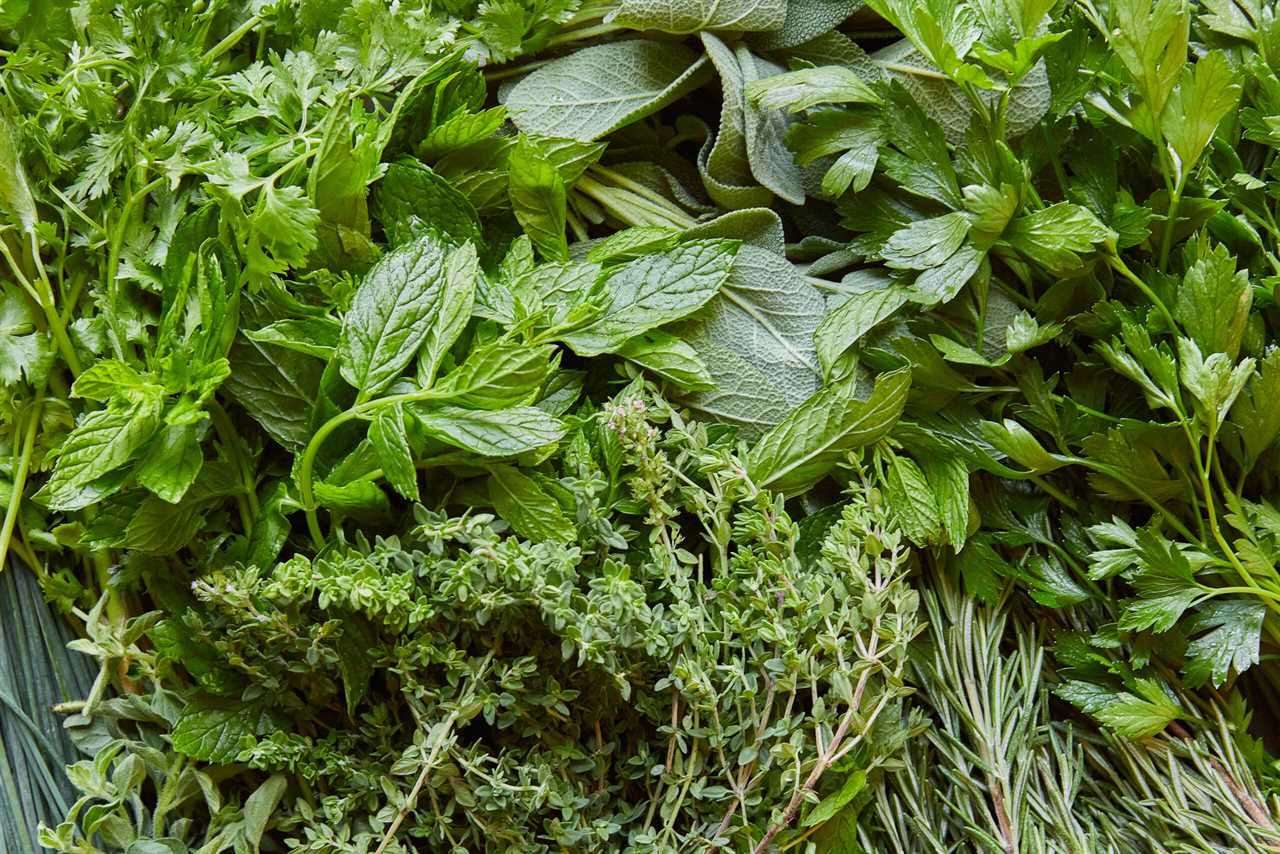 |
[TAG62]Take a little journey with me into my herb room, where I store my medicinal herbs. I'm in the process of going through these and my herbal preparations |
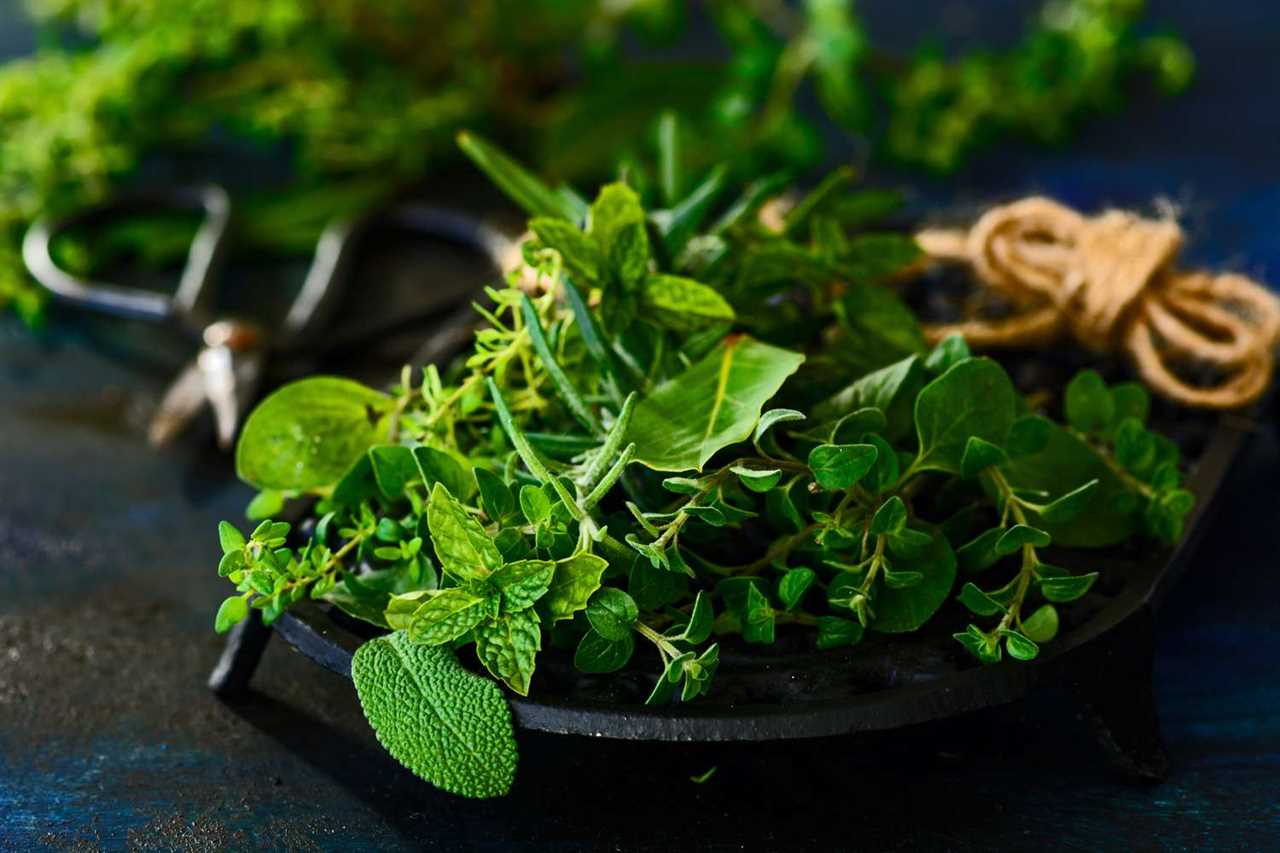 |
[TAG63]According to Master Herbalist Patrick Delves, "People are bombarded with different sicknesses because of lack of knowledge and they are now slaves to the |
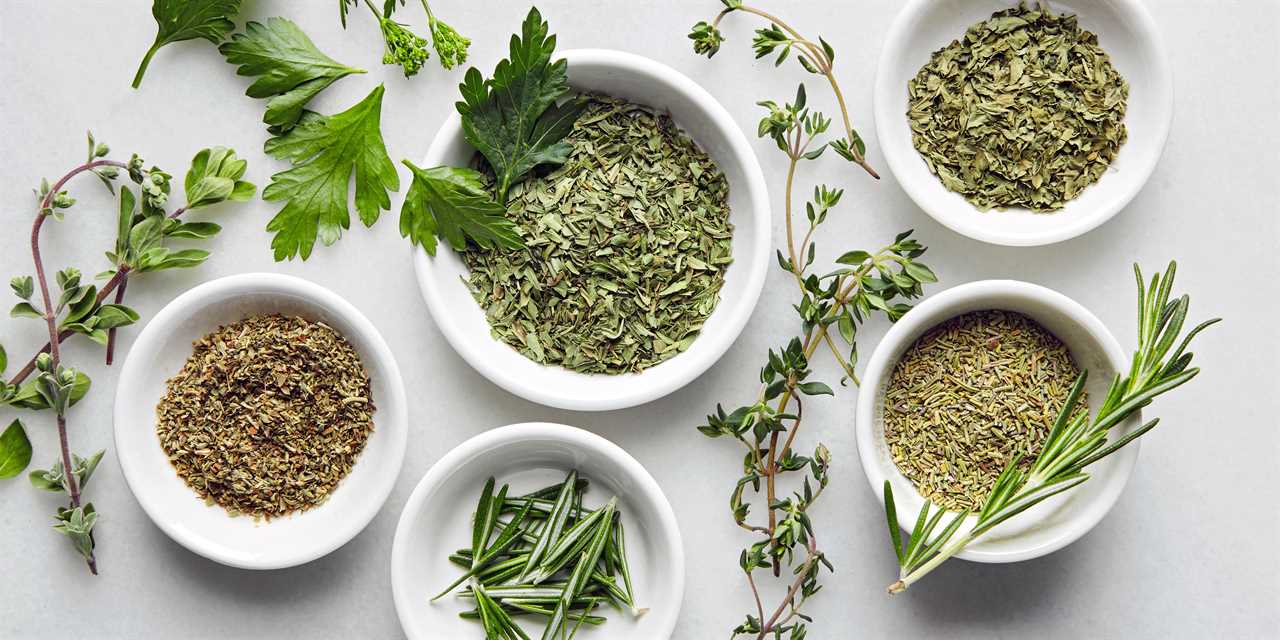 |
[TAG64]Well Bill Gates and the WHO have ran a simulation of the next pandemic, coming soon to a government near you in 2025. The Johns Hopkins Center for Health |
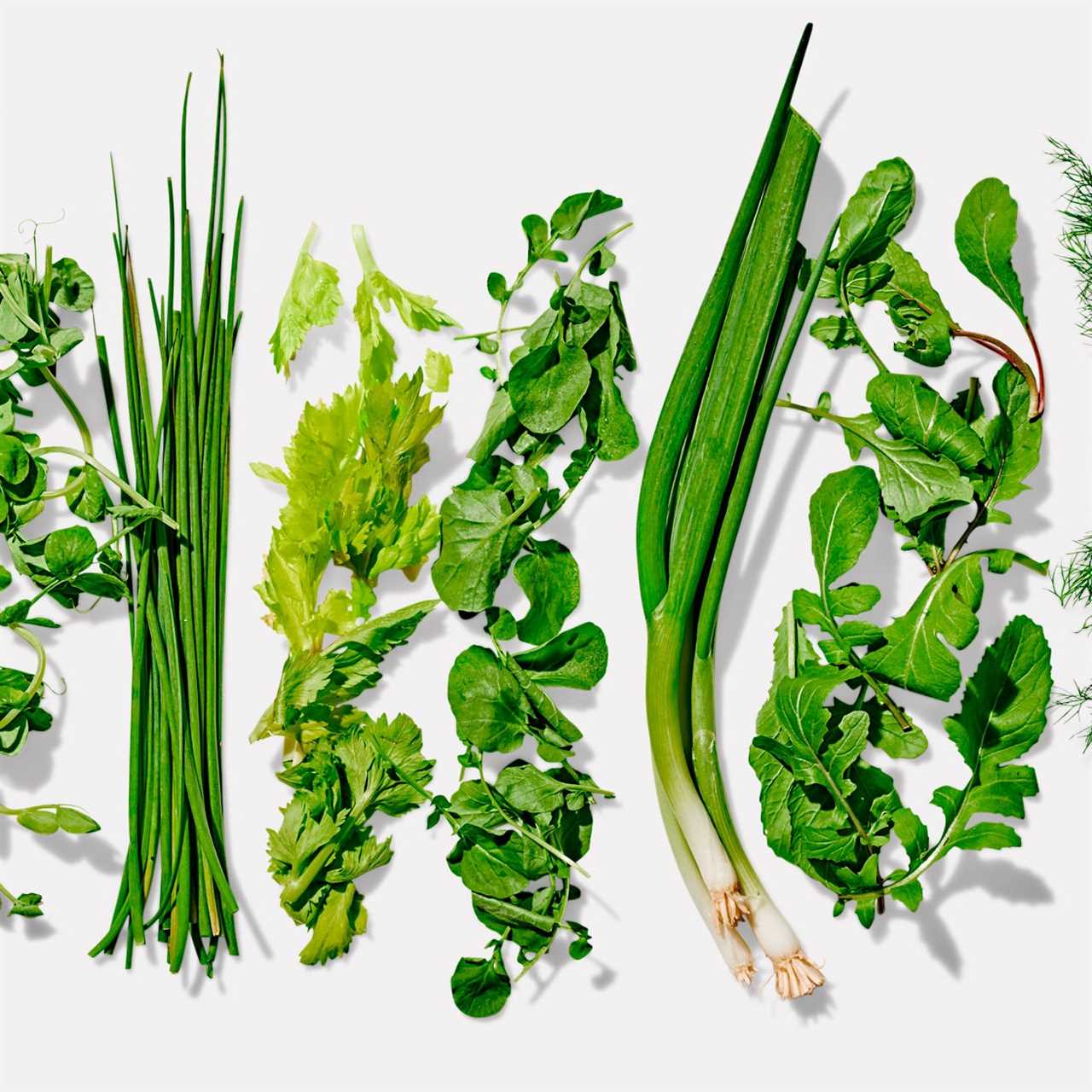 |
[TAG65]Go to https://thld.co/kettleandfire_abbey_0622 and use code ABBEY for 20% off a variety pack today! Thanks to Kettle and Fire for sponsoring today's video |
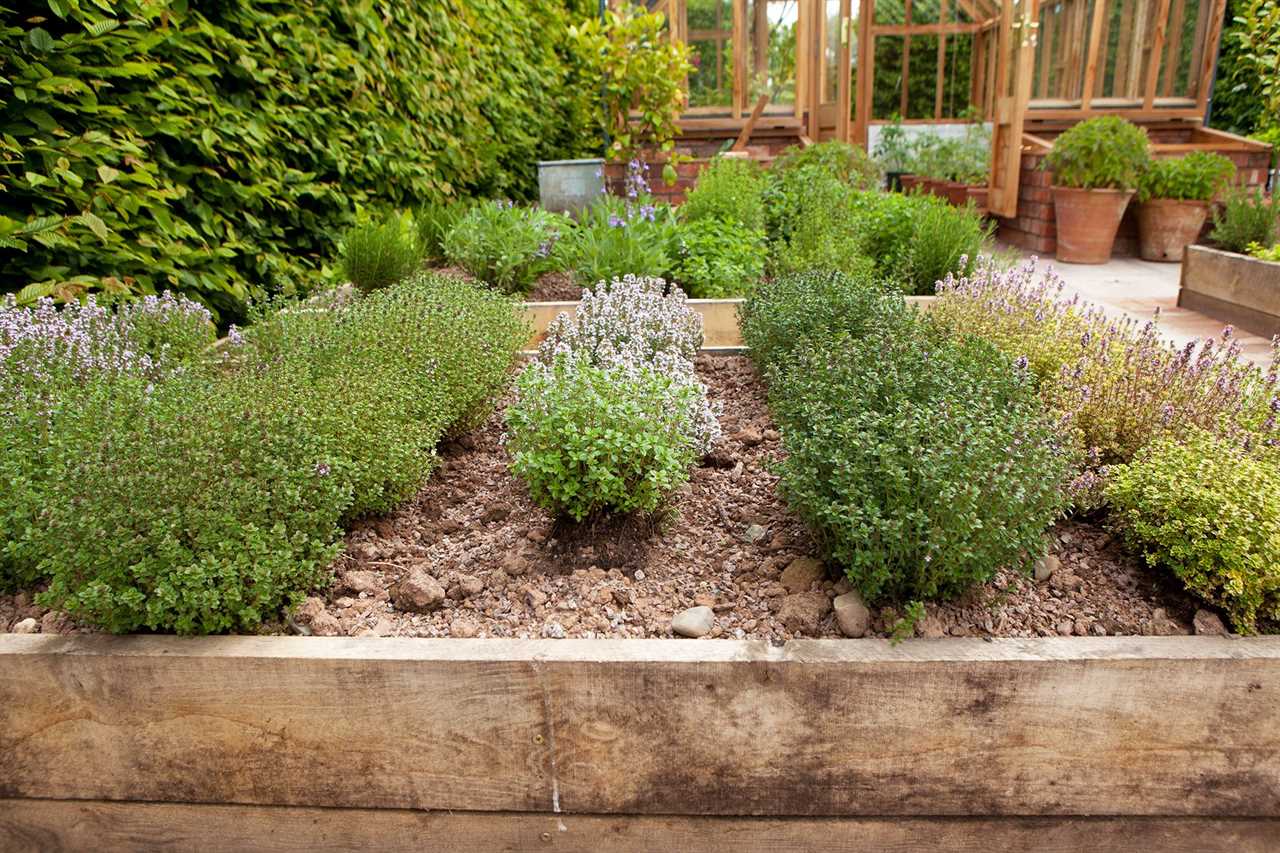 |
[TAG66]Click this link for more Videos! https://www.youtube.com/channel/UCmoEsq6a6ePXxgZeA4CVrUw?sub_confirmation=1 The Demonization of Stati […] |
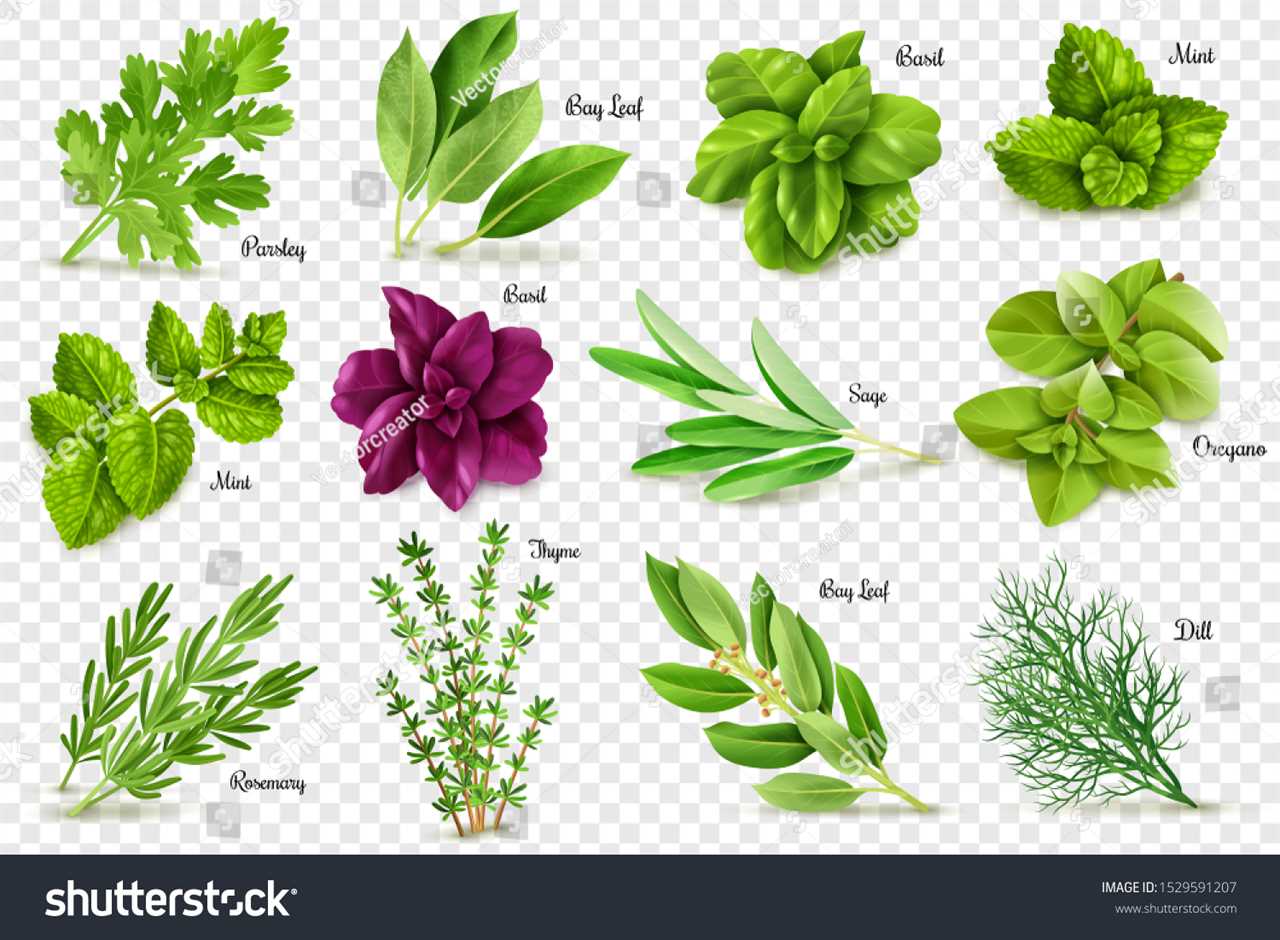 |
[TAG67]herbalism #apothecary #homesteading This time of year is the season of giving... Germs included! Join me as I blend a strong tincture with the intentions to |
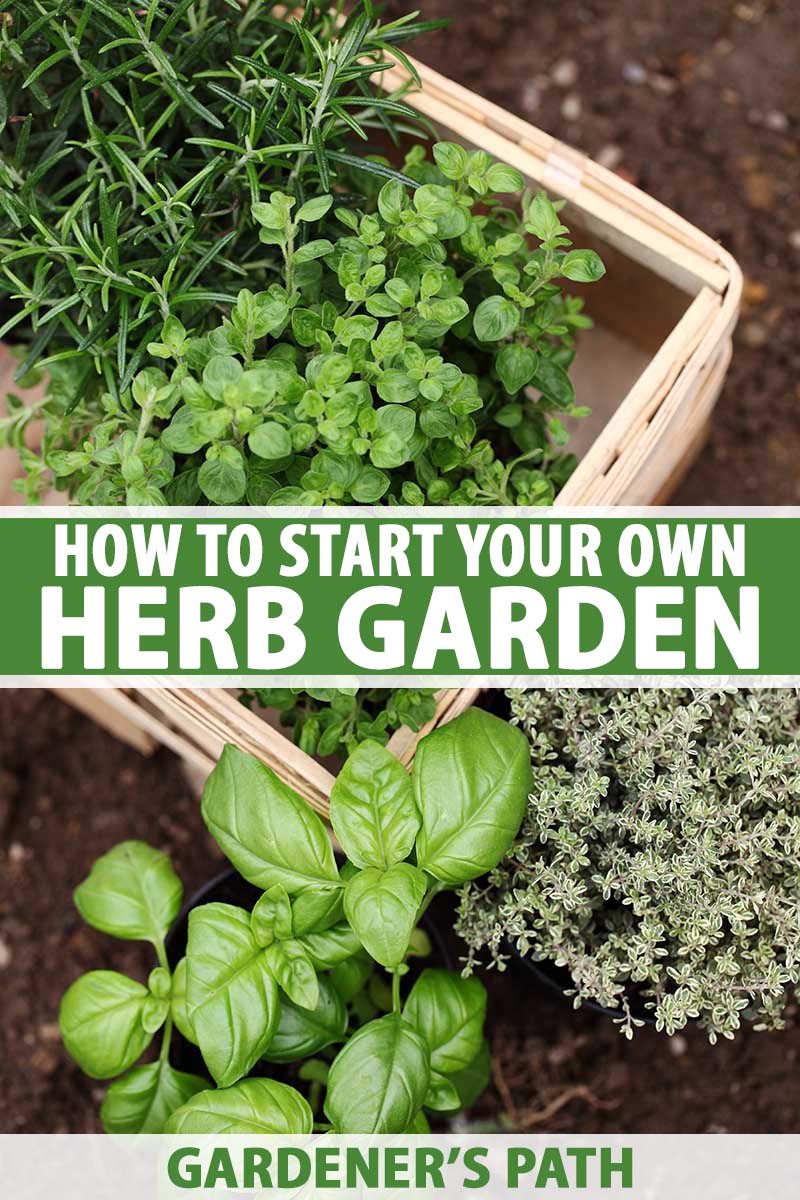 |
[TAG68]Today on the podcast I have the pleasure of talking to Simon Mills, a complementary health pioneer from the inception of the term in 1979, and later in the |
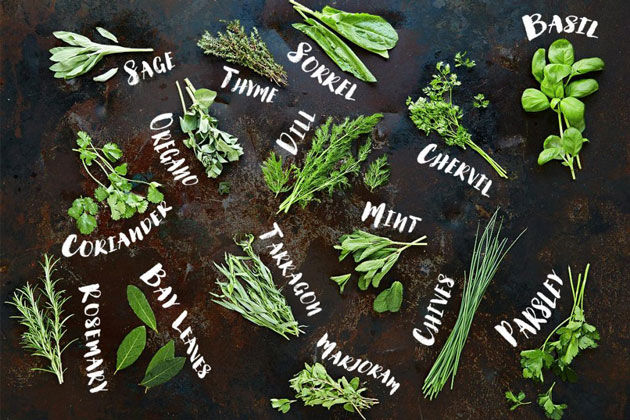 |
[TAG69]Spices are one of the best part of eating. But just like fruits, every spice has a different story to be told. Today we're diving into the geography behind |
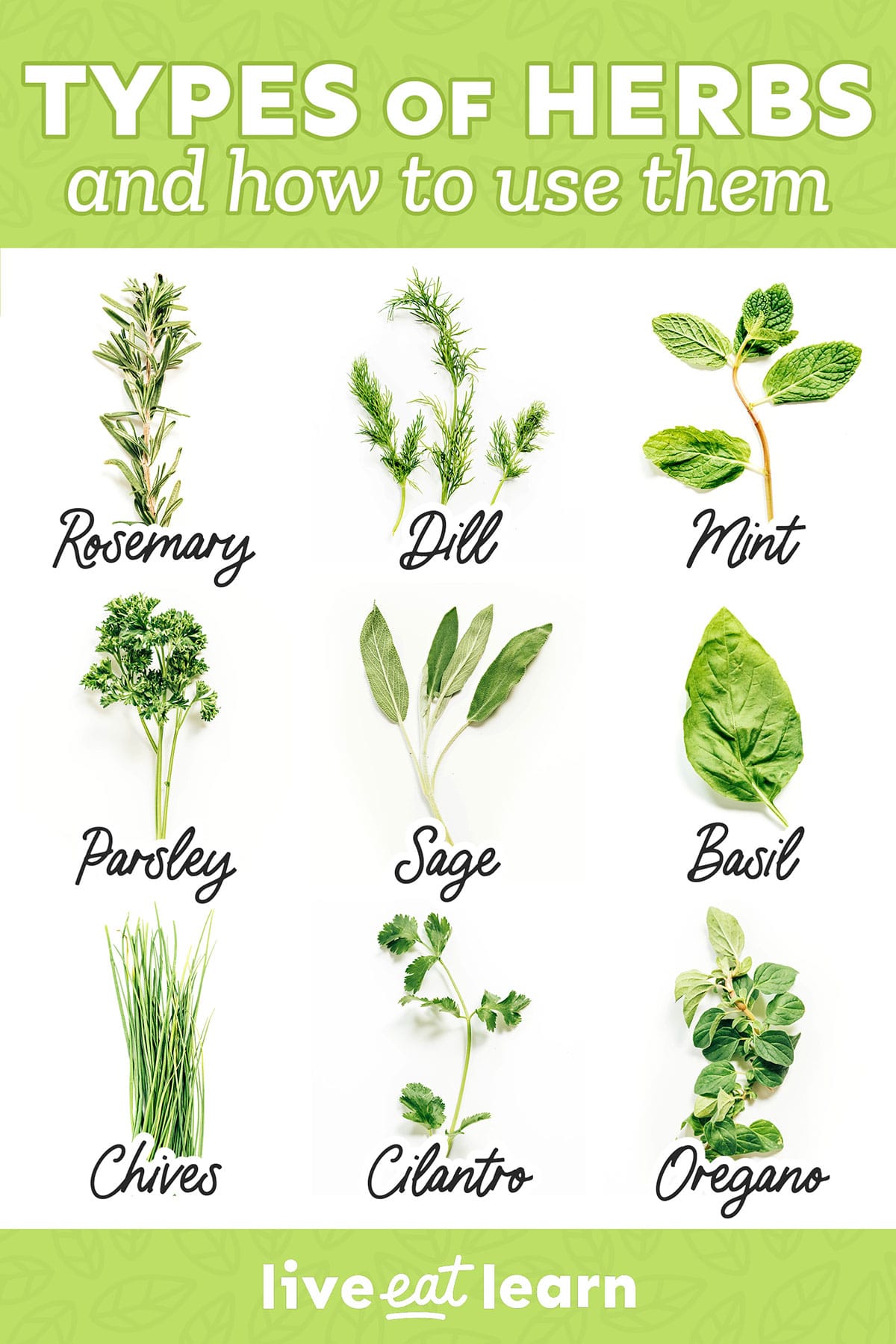 |
[TAG70]I was always curious about the nature bushes and herbs that the earth gave to us humans. I came a particular scripture from the book genesis, which states.. |
 |
[TAG71]For 16 free meals with HelloFresh across 7 boxes AND 3 free gifts, use code THEGREENWITCH16 at https://bit.ly/3QLpjUi In today's video I wanted to share the |
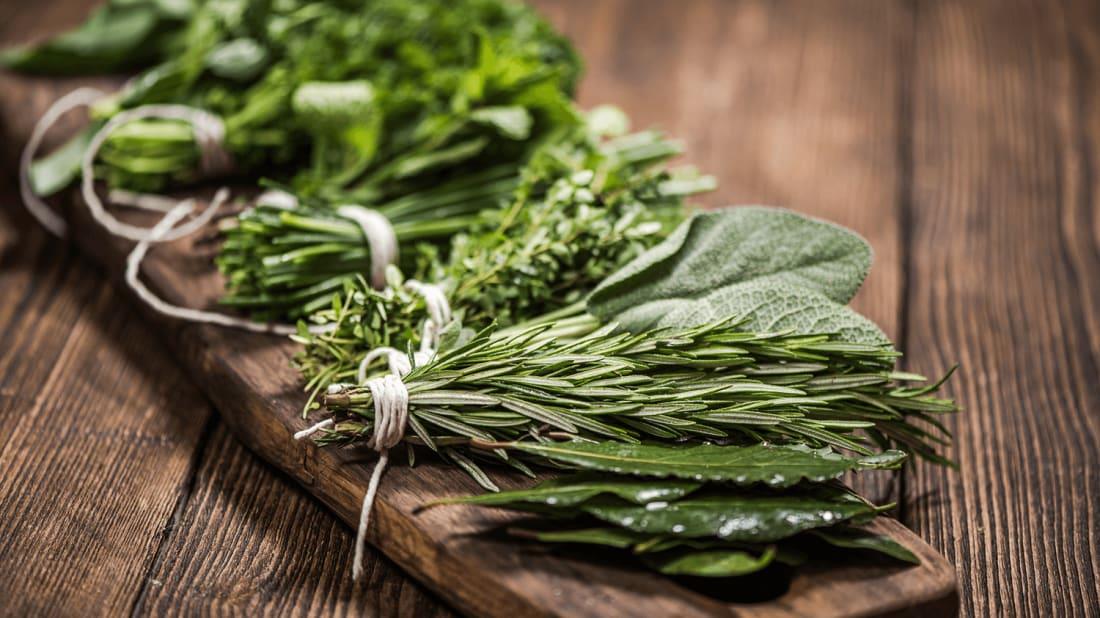 |
[TAG72]Learn herbs from respected professional herbalists offering world-class herbalist training. The NEW Professional Herbalist Course includes courses on over 600 |
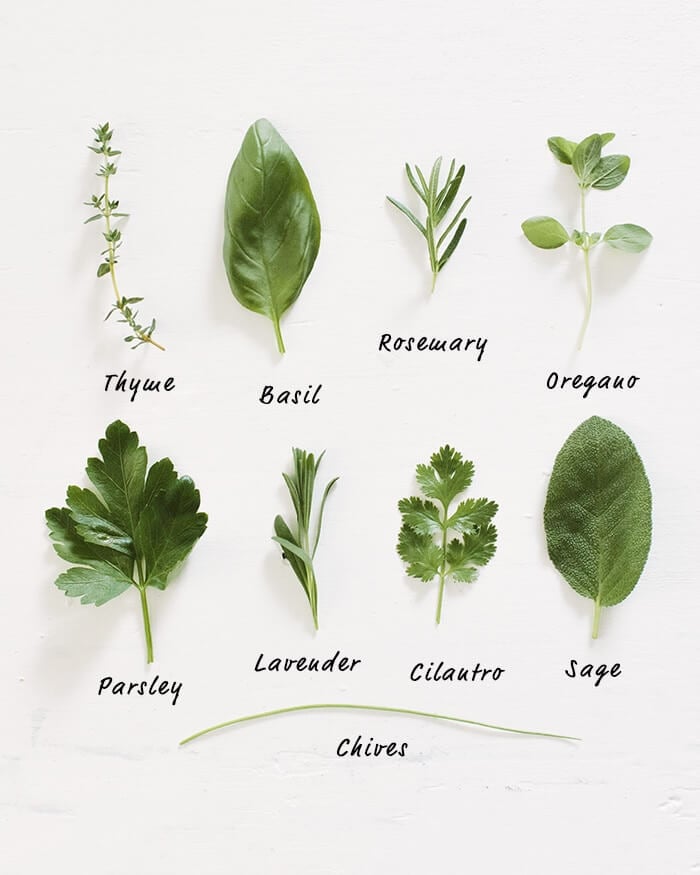 |
[TAG73]The body reacts to dehydration by stimulating the thirst center, a powerful urge to drink fluids. However, if water intake does not match the amount.. |
 |
[TAG74]Turmeric is one of the best natural remedies available for many ailments, from arthritis to cancer. Its properties are known for its powerful.. |
 |
[TAG75]Slippery elm is native to eastern North America and has numerous uses, including the treatment of GERD and irritable bowel syndrome. However,.. |
 |
[TAG76]Dill is an annual herb in the celery family Apiaceae. It is the sole species of the genus Anethum and is widely cultivated in Eurasia. The herb is.. |
 |
[TAG77]Licorice is a flowering plant of the bean family, Fabaceae, and it is used as a sweetening agent. The root of Glycyrrhiza glabra is extracted for its |
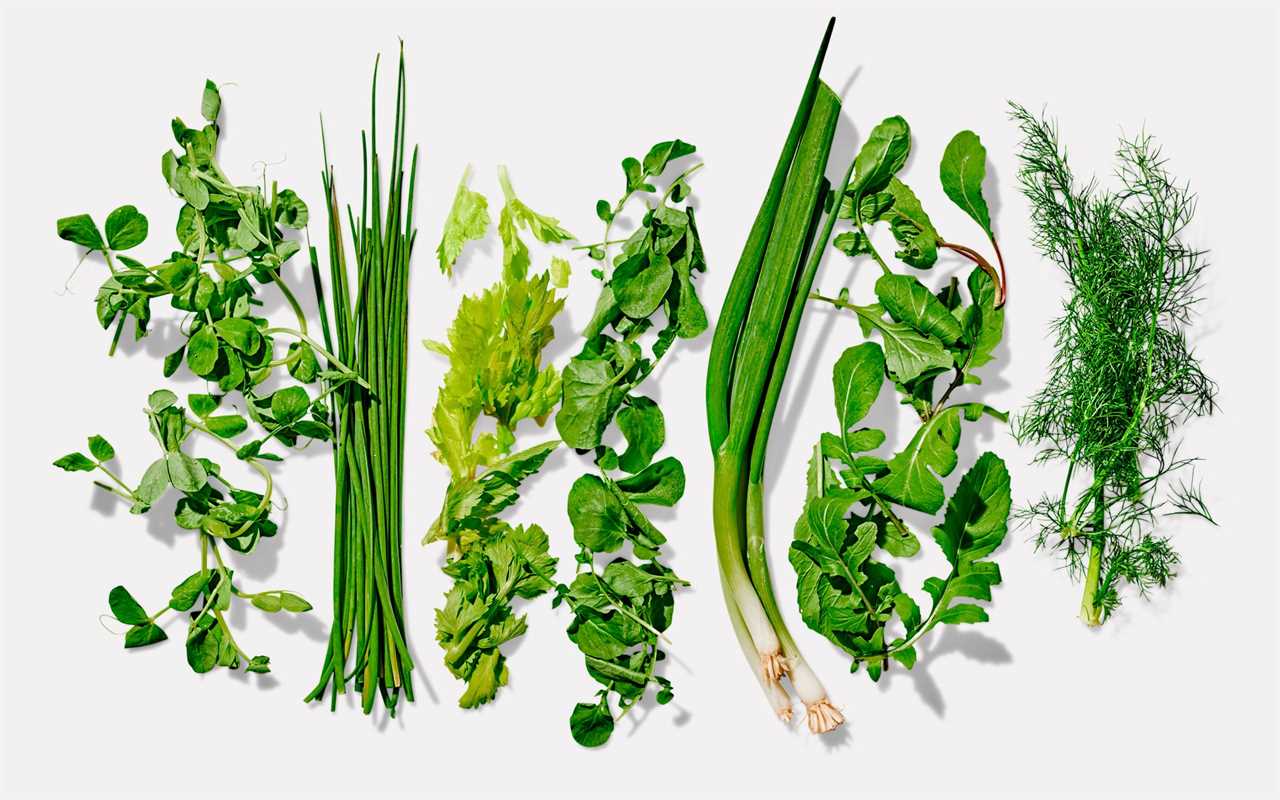 |
[TAG78]Whether you're trying to lose weight or simply feel better, green tea is a great way to get the benefits you're looking for. It contains catechins.. |
 |
[TAG79]To properly chop fresh herbs, you should purchase them in a deep green color and smell fresh. You should then wash them well under running water and.. |
 |
[TAG80]If you're looking for a recipe for seasoned baby potatoes, you've come to the right place. Learn how to make seasoned potatoes with herbs and spices, |
 |
[TAG81]Before using Italian parsley, rinse it thoroughly under cool water. This will help remove any dirt or dust that may be attached to the leaves. Wrap.. |
 |
[TAG82]Herbal teas are made from the infusion of plants and other plant materials. They are also known as herbal infusions or tisanes. Although there are.. |
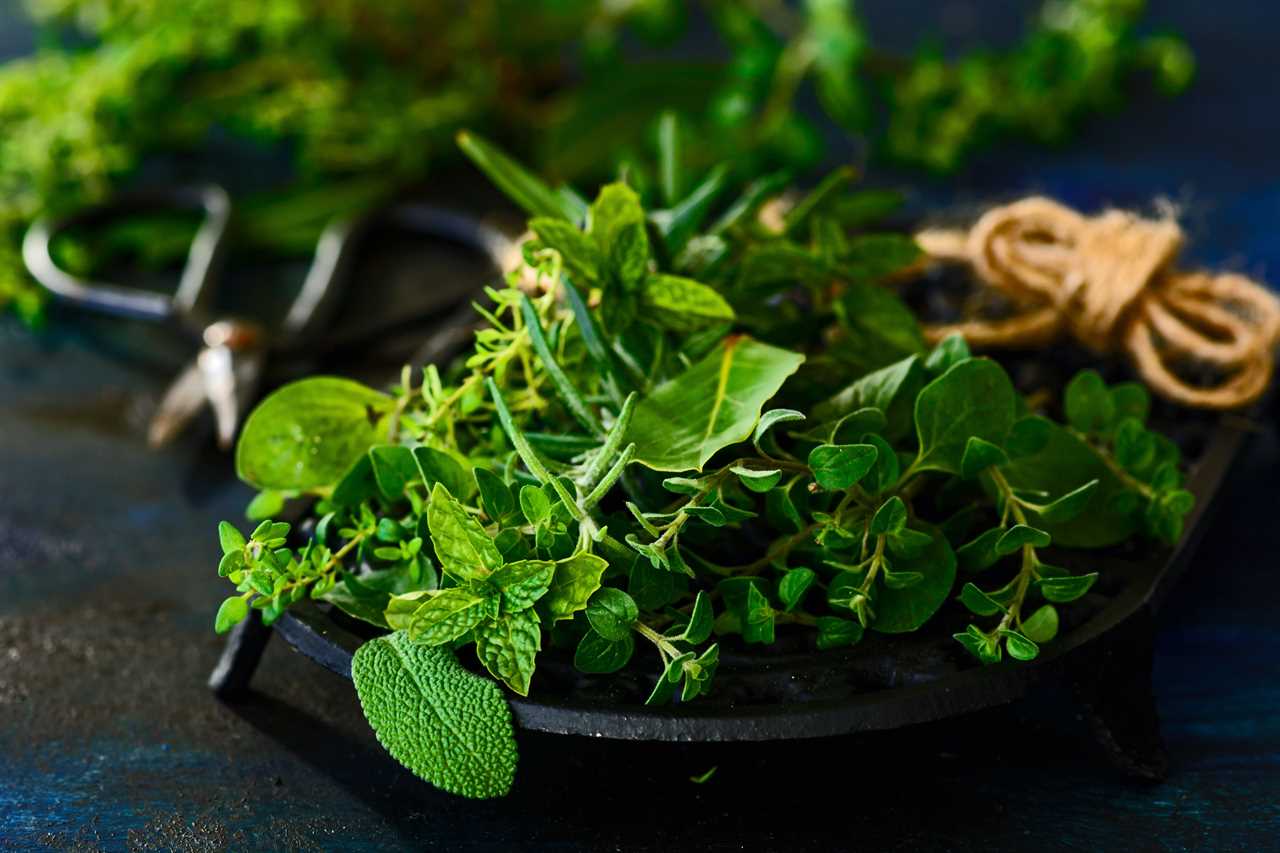 |
[TAG83]Find out more about herbs and how to use them |
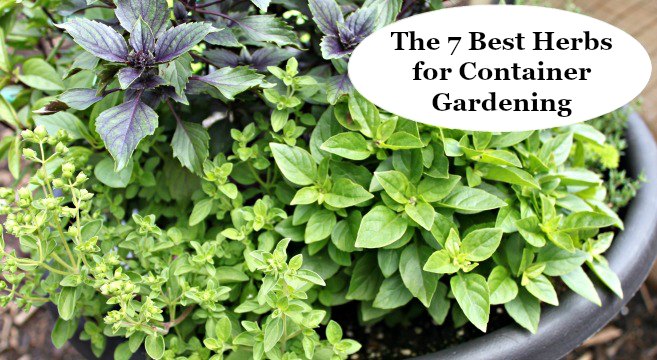 |
[TAG84]There are many things to know when growing herbs in pots. The growing conditions, Containers, Soil amendments and watering are just a few of the.. |
 |
[TAG85]If you have ever wanted to have an herb garden, it is important to know that there are several important factors to keep in mind. Herbs require good.. |
 |
[TAG86]There are many advantages to substituting dried herbs for fresh. They are cheaper, more potent, and less dusty. These are the reasons that I prefer.. |
 |
[TAG87]If you want to make a recipe without parsley, try using cilantro, dill, oregano, or sage instead. They are all delicious substitutes for dried.. |
 |
[TAG88]There are several types of herbs that grow in water. These include Cilantro, Thyme, Oregano, and Lavender. Here are some tips to help you grow these.. |
 |
[TAG89]If you're in Zone 4 and are looking for perennial herbs, lemongrass and thyme are great choices. These plants thrive in cooler climates and can be.. |
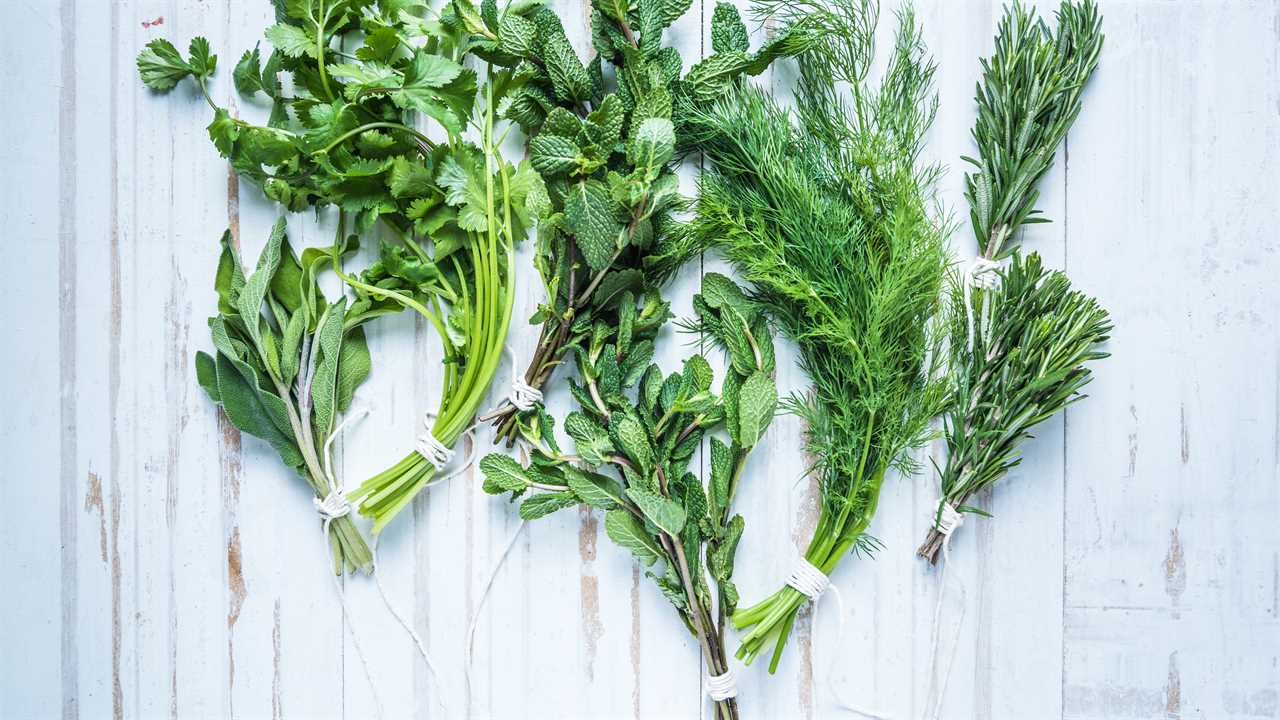 |
[TAG90]A mint plant is a great choice for a water garden or small water feature. They have light lavender flowers, dark green leaves with purplish veining,.. |
 |
[TAG91]The use of medicine from plants has long been an essential part of traditional Chinese medicine. This ancient practice involved a wide range of plant |
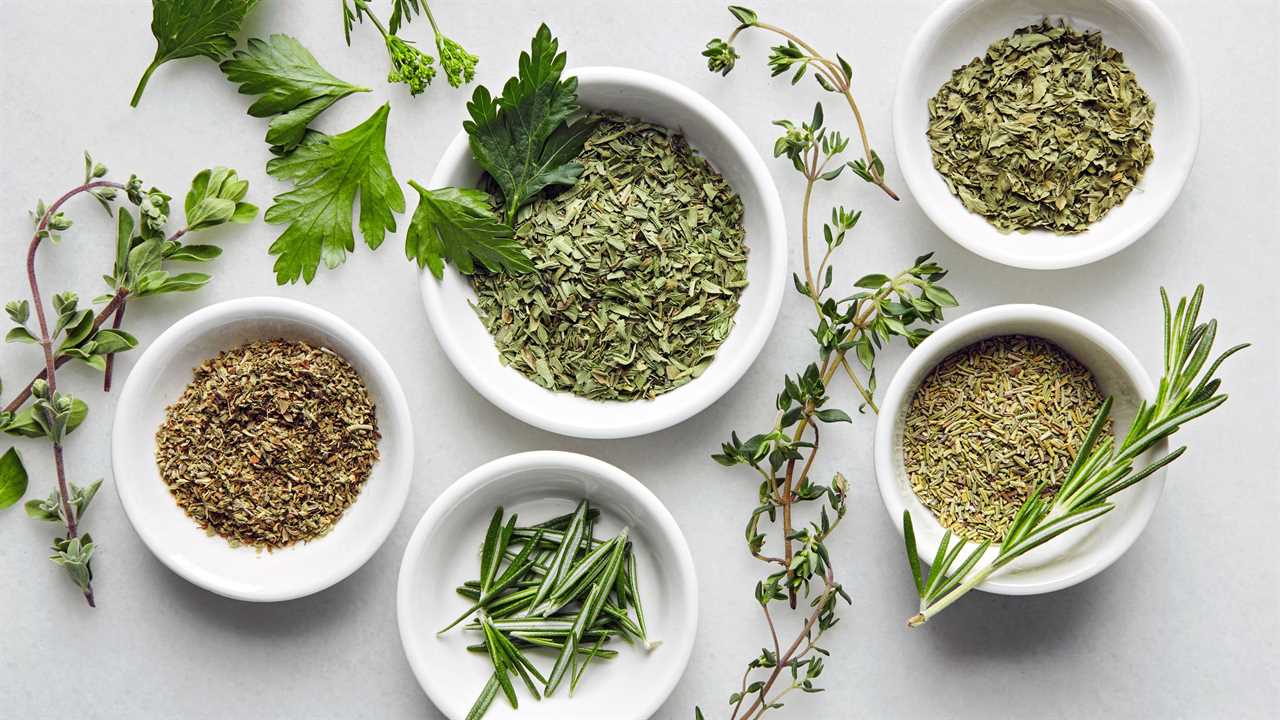 |
[TAG92]Ayurveda is an alternative medicine with historical roots in the Indian subcontinent. While its theory is considered pseudoscientific, it is still.. |
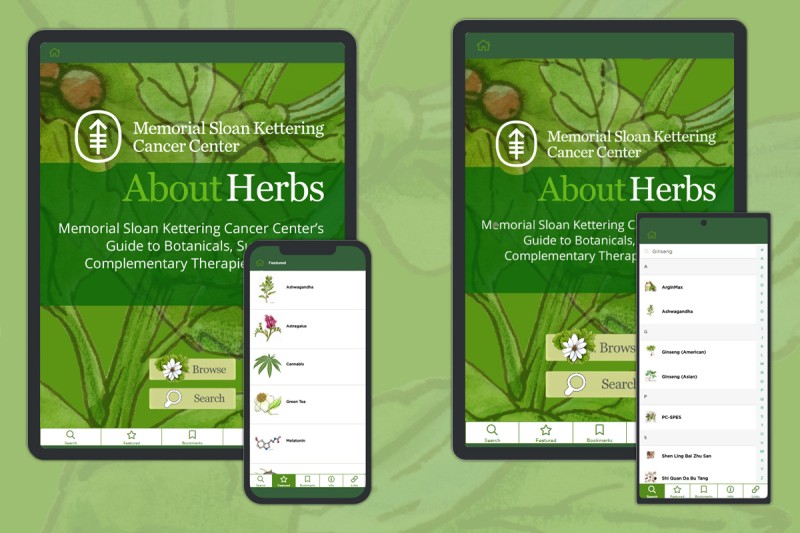 |
[TAG93]Growing herbs indoors has a number of benefits, including increased yield and reduced watering. It can also be beneficial for people who are.. |
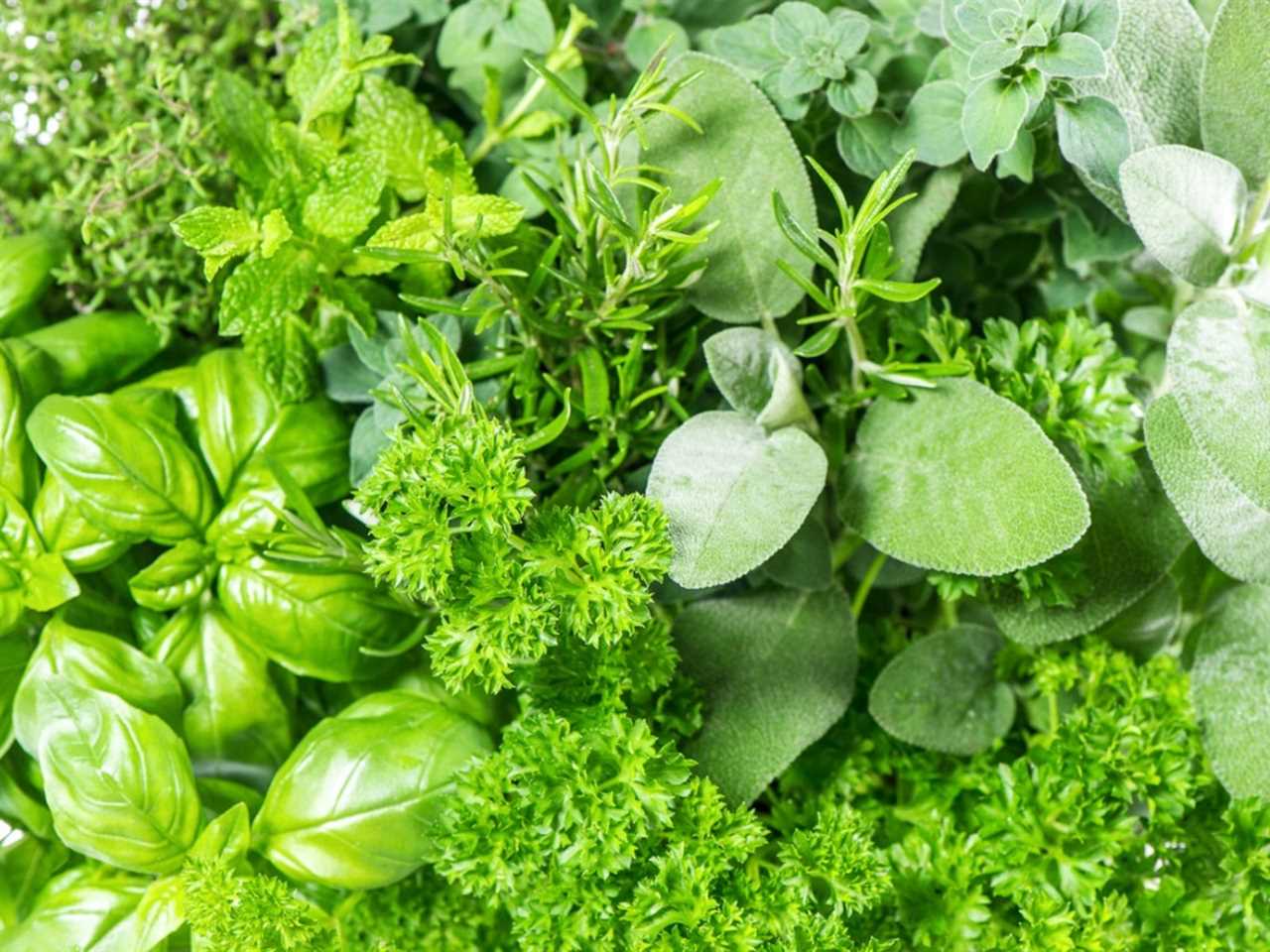 |
[TAG94]Like life, tea is what you make of it and The Cup of Life helps individuals enjoy tea in more than one way. Join me on my tea adventures through my blog! |
 |
[TAG95]Magnesium is an important mineral that plays an essential role in heart, brain, and musculoskeletal health. Since magnesium is required ... Read more |
 |
[TAG96]Citrus bergamot and red yeast rice are two herbs compared to each other due largely to their potential to reduce ... Read more |
 |
[TAG97]Citrus bergamot and bitter orange are both popular herbs with health benefits for metabolism and weight loss. However, they both ... Read more |
 |
[TAG98]Zinc is an important trace element that contributes to immune function, tissue repair, and gene synthesis. Since zinc is involved ... Read more |
 |
[TAG99]Potassium is a mineral that plays a crucial role in maintaining overall health and wellness, especially for muscle and nerve ... Read more |
 |
[TAG100]It’s always exciting to hear about a little-known herb with powerful medicinal action. Join this conversation about ground ivy with Val Alcorn! |
 |
[TAG101]Join me and my friend and herbalist jim mcdonald as we discuss the benefits of calamus root, including clearing away mental cobwebs and enhancing your focus. |
 |
[TAG102]Join me in this episode all about cottonwood and find out why it has been used as medicine and to make a variety of tools for thousansa of years! |
 |
[TAG103]It was an honor and a deep pleasure to have this informative conversation about calamus root benefits with Karyn Sanders. Join us in this new episode! |
 |
[TAG104]Let's sit down and discuss dandelion with herbalist and author, Nancy Phillips |
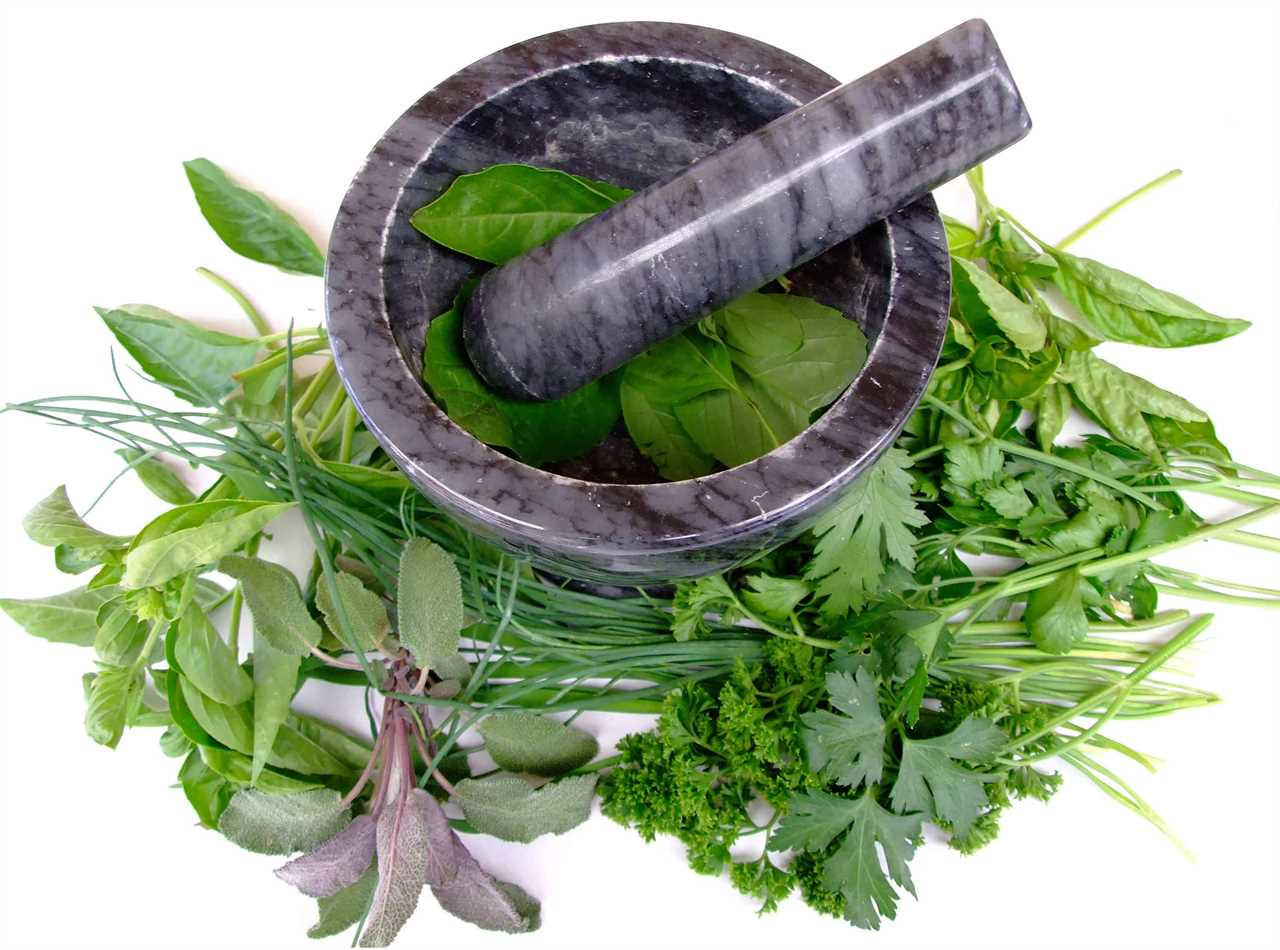 |
[TAG105]A tea assessment platform that rates teas based on objective quality markers and a sensory evaluation resulting in a list of the best teas produced each year. |
.png)





